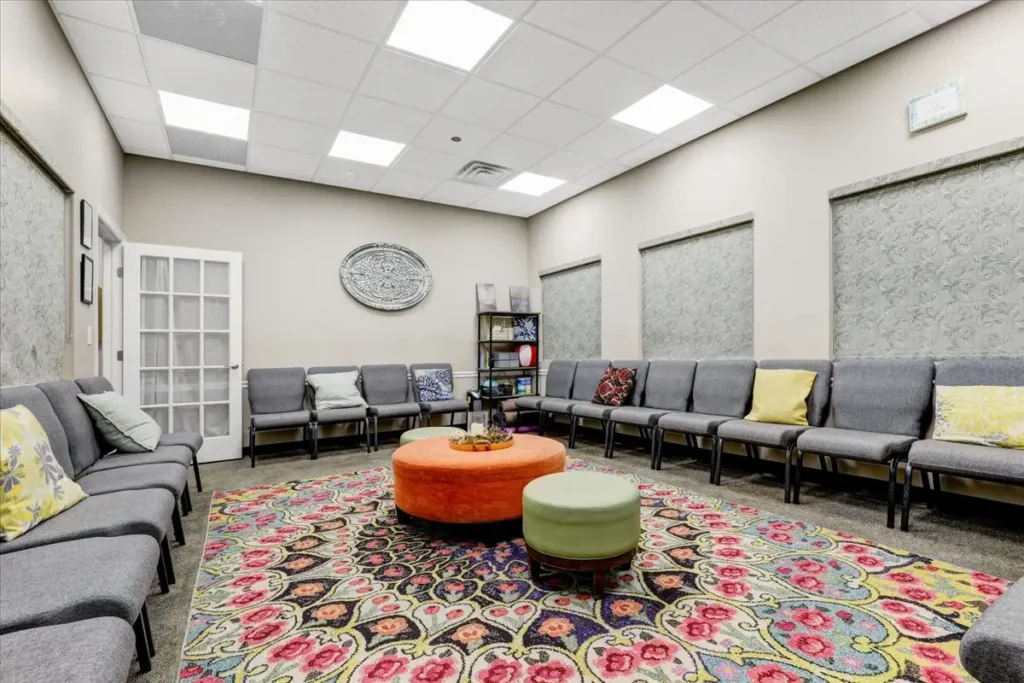Discover how Relevance Recovery utilizes modern advances to assist our clients on the path to recovery from addiction and mental health struggles.
Mental illness affects millions of people worldwide, significantly impacting their quality of life and overall well-being. To effectively treat these conditions, it is crucial to have a comprehensive understanding of the individual’s mental health. This is where psychiatric evaluations play a vital role.
Psychiatric evaluations are thorough assessments conducted by trained professionals to diagnose and treat mental health disorders. These evaluations provide a comprehensive overview of an individual’s psychiatric history, symptoms, and potential underlying causes. By gathering this essential information, healthcare providers can develop personalized treatment plans tailored to the individual’s needs.
Moreover, psychiatric evaluations help to identify any co-occurring disorders and provide insights into the best course of treatment.
These evaluations also facilitate effective communication and collaboration among different healthcare providers involved in the patient’s care.
Overall, psychiatric evaluations are indispensable in accurately identifying and treating mental illness. They empower healthcare professionals to make informed decisions and provide the most appropriate interventions, leading to improved mental health outcomes for individuals experiencing these challenges.










We work with most major insurance carriers to help provide affordable, accessible treatment options to those who need it most. Our admissions coordinators can answer all of your questions. Call for a confidential assessment and insurance verification.





















A psychiatric evaluation is a thorough assessment conducted by trained professionals to diagnose and treat mental health disorders. This evaluation provides a comprehensive overview of an individual’s psychiatric history, symptoms, and potential underlying causes.
By gathering this essential information, healthcare providers can develop personalized treatment plans tailored to the individual’s needs.
Psychiatric evaluations involve a variety of methods, including interviews, questionnaires, and psychological tests.




Psychiatric evaluations offer numerous benefits for patients struggling with mental health conditions.
There are various types of psychiatric evaluations, each tailored to meet specific needs. Some common types include:


Our expert admissions coordinators will create a custom plan for you.



The process of a psychiatric evaluation typically involves several steps.
Psychiatric evaluations utilize a range of assessments and tests to gather information about an individual’s mental health. Some common assessments and tests include:
Understanding the individual’s past experiences helps healthcare providers gain a holistic view of their mental health journey.
Additionally, the comprehensive evaluation enables healthcare providers to make accurate diagnoses and develop targeted treatment plans.
Furthermore, by recognizing these co-occurring disorders, healthcare providers can address multiple aspects of the individual’s mental health, leading to more effective treatment outcomes.


Relevance Recovery supports your inpatient treatment by offering valuable resources for mental health and substance abuse challenges. We help you not just quit substances but also build a fulfilling life.